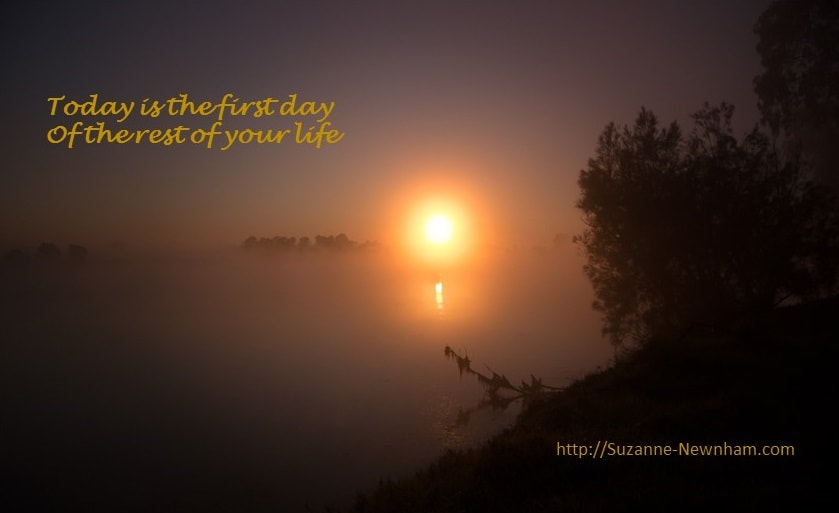 Hello and welcome. December and early January is a time of various religious and spiritual celebrations which bring people together. There are community festivals, family gatherings, with some events lasting a day while others are observed for a week or more. This should be a happy occasion. However, these couple of months can be a source of stress especially for a person who is unwell or suffers chronic pain. How do you travel comfortably? How do you socialise? How do you ensure attention is on the occasion and not on you and your condition? What if you are hosting the event, how do you cope? I have found that planning for a possible rapid downturn in my condition, by notifying key people in advance of my situation and advising appropriate responses, helps relieve additional stress. Having a family member or friend who can be there for you, if you become unwell or pain escalates, is reassuring. This does not mean that person is constantly on watch, instead they are the first to respond if needed. Nothing will prevent an acute episode but triggers can either be minimised, or if that is not possible then at least psychologically and emotionally prepared for in advance. Preparation does not mean you are being pessimistic! Quite the reverse. It allows you to enjoy the gathering and can put others, who know of your health condition, at ease allowing them also to focus on having a good time. If a situation occurs that exacerbates your illness you have a person or people around who will stay calm, someone who won’t say or infer that you’re ‘just seeking attention’ or 'not again!' thus denying you the assistance you need. It is important to have an ‘escape’ route even if this is just to another room, pre-arranging a lift instead of driving, and having other practical ways to enable you to enjoy the occasion. Post-event can also be factored in, and allows you to recover properly on the following day or days. Your plan will be different to others, including those with a similar condition. These plans can be, but are not limited to, how much you want to remain involved in the gathering, and whether or not you are able to catch up with family and friends at another time. You might feel guilty, or your energy disappears further as people ask you ‘why’, especially if you stay at one event but leave another early. When there is no visible sign of your pain and discomfort the querying looks or comments can make you feel uneasy about your decision. All of this will have a bearing on staying, coping or dealing with an exacerbation of your illness or pain, or needing to leave – and not feel guilty. Your response to your list of options will vary. Potential impact, that is, how much are you willing to put up with symptoms versus your decision to leave? This becomes individual right down to each event and possibly each moment at that event. Assessing potential impact, the whole reason I am wishing to attend, is a major component in my focus. This component is factored into my general pre-planning, as well as mini-decisions that I continually make during the gathering when symptoms are triggered and my well-being is compromised. In having a plan, you are ready with your intention to be involved, to have fun. If things go awry, then you have enjoyed a wonderful time up to that point. Enjoyment which has happened - those are memories to keep. They can’t be taken away or diminished. If the incredible happens and you last the event thank yourself and be true to your post-recovery plans of rest and recuperation. I look forward to hearing from you about this and anything else you’d like to share with me, to share with all of you. Thank you for all your comments and questions over the past year. In closing for 2018 I wish you a merry Christmas, happy holidays, Hanukkah Sameach, Solstice and Feast Day blessings and may the season of goodwill and happiness be with you. Safe travels whether to the next suburb or across our beautiful planet.
0 Comments
Leave a Reply. |
Author
|
website & all content (not stated otherwise) copyright © Suzanne Newnham 2024


 RSS Feed
RSS Feed